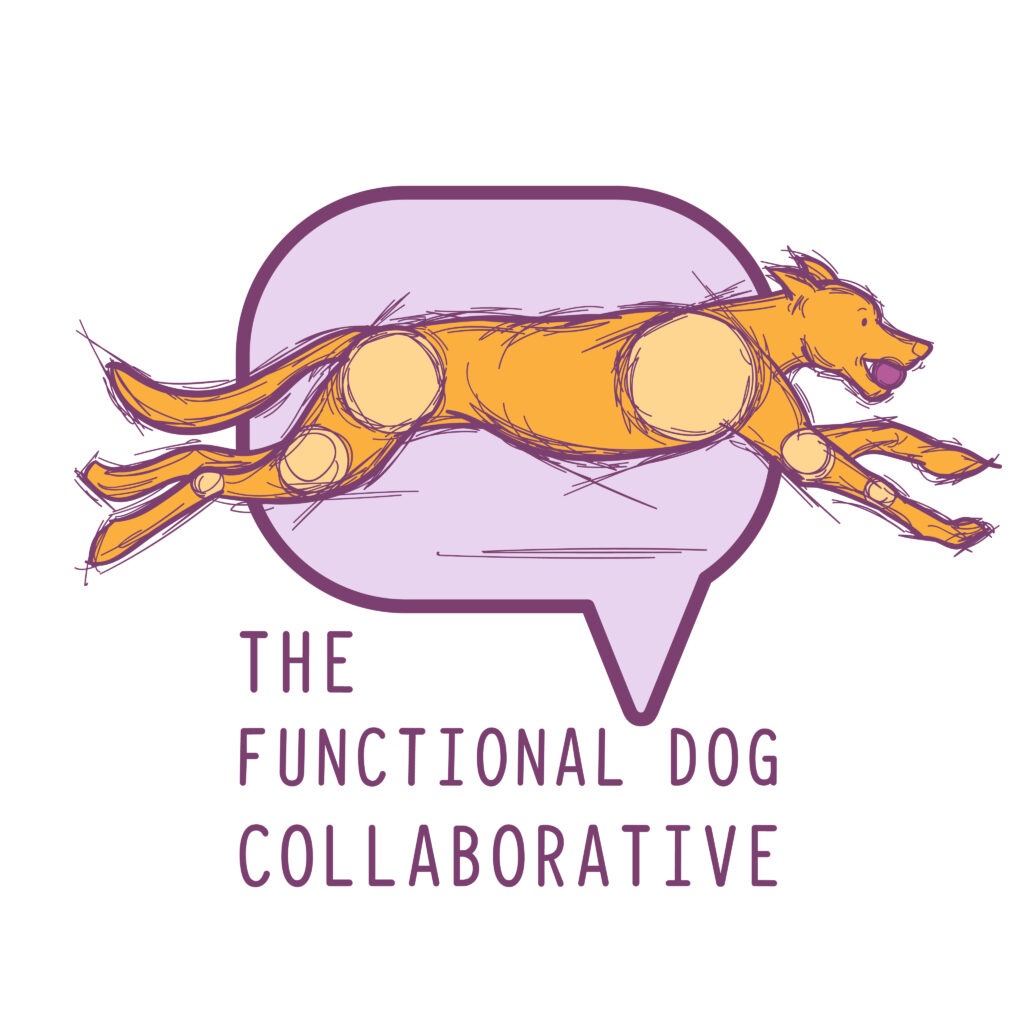Position Statements
Position Statement: Outcrossing
The Functional Dog Collaborative (FDC) supports periodic outcrossing as a normal part of maintaining a purebred population. Genetic diversity is lost every generation in a closed population [Sources of variation – An Introduction to Genetic Analysis]. This means that inevitably, breeds with closed studbooks will lose genetic diversity over time. The loss will be at different rates for different breeds and can be slowed, but not stopped or reversed, by specific breeding practices, such as avoiding over-breeding particular sires (“popular sire syndrome”).
A paper describing simulation studies of dog breeding suggests that the best approach to replacing lost diversity is through periodic outcrossing. In other words, a single outcross or small number of outcrosses are unlikely to significantly affect a breed’s overall genetic diversity. (Windig and Doekes, 2018)
Breeding to different populations within a breed (e.g., crossing show and working lines, or importing dogs from different countries) can help slow diversity loss. It will not be as effective as bringing in diversity from dogs who are less related, but can be an option in the case of breeders who wish to work with a breed club that does not allow outcrossing.
In terms of the conversation about outcrossing, the FDC does not encourage debates about whether an outcross is currently necessary for a particular breed (e.g., on the Functional Breeding Facebook group). It is the FDC’s position that outcrossing periodically is a good preventative measure to avoid loss of genetic diversity, and that it is easier done from time to time earlier rather than in an emergency situation later. We support those who outcross either as a preventative measure or to deal with perceived issues with health or functionality (see the FDC’s Guiding Statements about health goals).
The choice of when to outcross is an individual’s. Those who are concerned about the health of a particular breed, and advocate for outcross in that breed, are encouraged to look for ways to support outcross projects in that breed while respecting the rights of others to breed as they see fit (e.g., not outcrossing). Those who are concerned that outcrossing is being performed unnecessarily in their breed are encouraged to continue to breed as they see fit.
The choice of when to register an outcross is a breed club’s. The FDC will provide support to outcross projects that do not have their breed club’s support. We encourage breed clubs to consider supporting outcrossing earlier rather than later.


